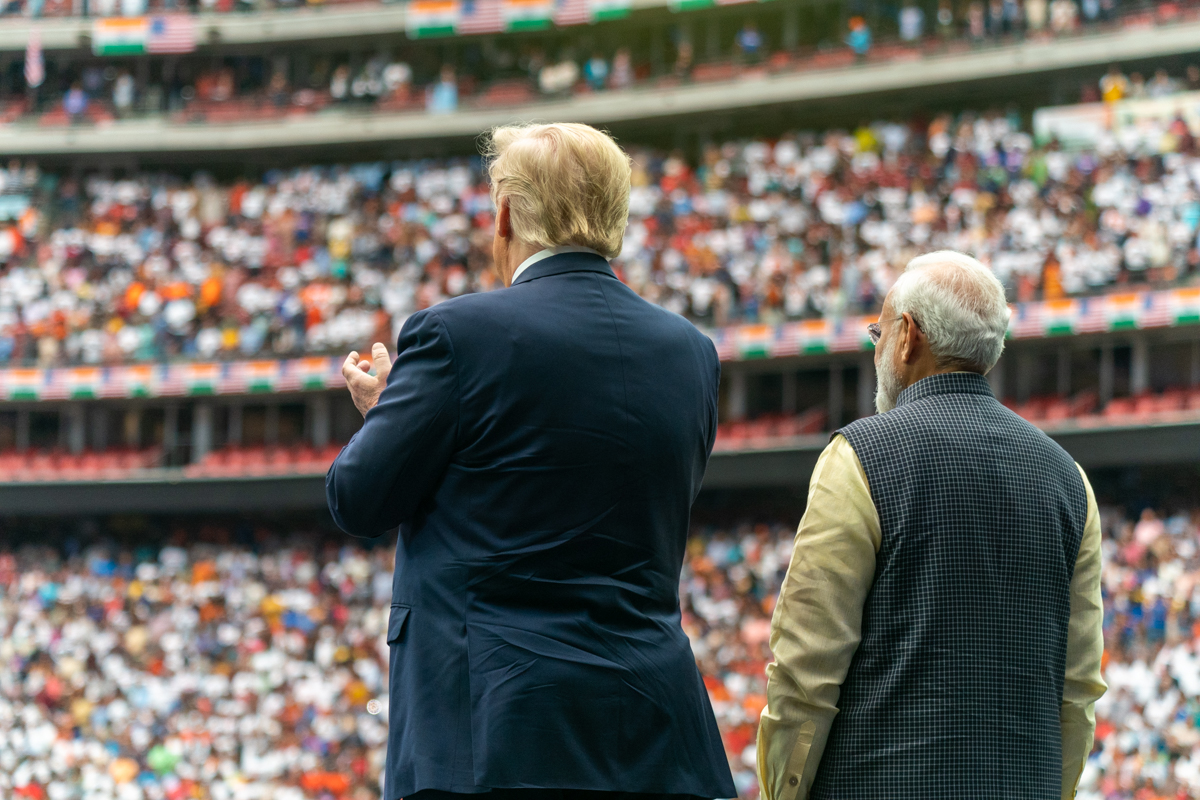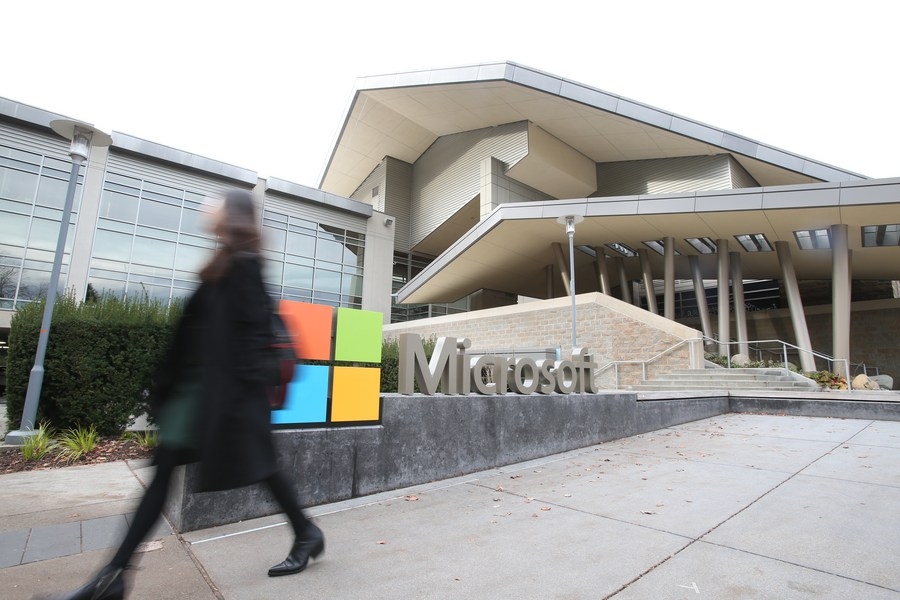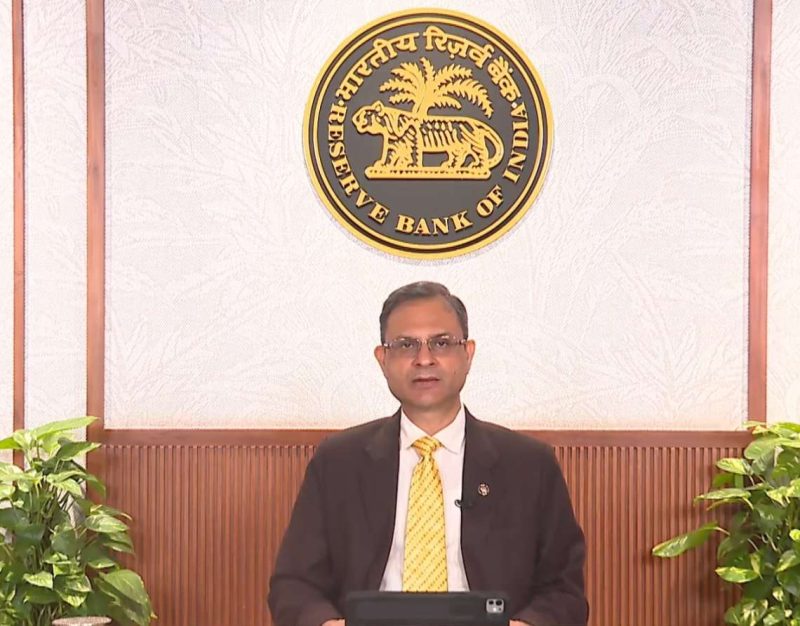India can benefit greatly from synthetic biology in several ways, especially the economic growth by creating new industries and jobs, attracting foreign investment, and promoting innovation and entrepreneurship…writes MURALI PANCHAPAGESA MUTHUSWAMY
Synthetic biology is a rapidly evolving field that involves the design and construction of biological systems and organisms for various applications.
According to a report by Markets and Markets, the global synthetic biology market was valued at $5.5 billion in 2020 and is expected to grow at a compound annual growth rate (CAGR) of 23.9 per cent from 2021 to 2026, reaching a market size of $18.9 billion by 2026.
Another report by Grand View Research estimates the global synthetic biology market size to be $9.9 billion in 2020 and is expected to grow at a CAGR of 23.5 per cent from 2021 to 2028, reaching a market size of $56.1 billion by 2028.
India, with its strong scientific and engineering expertise, can benefit greatly from synthetic biology in several ways, especially the economic growth by creating new industries and jobs, attracting foreign investment, and promoting innovation and entrepreneurship.
Synthetic Biology is going to play a major role in the future through a number of areas:
Improved Healthcare: Synthetic biology can be used to develop new and effective drugs, vaccines, and diagnostic tools to combat diseases prevalent in India. This can help improve public health and reduce healthcare costs.
Agricultural Productivity: Synthetic biology can be used to develop crops that are resistant to pests and diseases, or have improved nutritional value. This can help increase agricultural productivity and food security.
Environmental Sustainability: Synthetic biology can help reduce the environmental impact of industrial processes by developing new bio-based materials, fuels, and chemicals that are sustainable and eco-friendly.
Education and Research: Synthetic biology can also provide opportunities for education and research, as it requires interdisciplinary skills and expertise. It can help build a strong foundation for science education and foster scientific research and innovation in India.
Synthetic biology has the potential to revolutionize various sectors in India and help the country address some of its pressing challenges. However, the growth is not happening at the pace that it should and there are a number of reasons for this:
Lack of Understanding – Venture capital firms may not fully understand the potential of synthetic biology and the biotech industry in general, leading them to shy away from investing in this area. They may view it as too risky or unfamiliar, and instead opt for more traditional industries.

Funding Constraints – Another challenge facing synthetic biology startups in India is a lack of funding opportunities. While there are a number of incubators and accelerators that support biotech startups, there is a limited pool of venture capital available for investment, particularly for early-stage companies.
Regulatory Barriers – The regulatory environment in India can be complex and time-consuming, with regulations varying between states. This can create additional hurdles for synthetic biology startups looking to bring their products to market and may discourage investors who are looking for a more streamlined path to commercialization.
Intellectual Property Rights – Intellectual property protection is crucial for synthetic biology startups as it allows them to secure funding, attract partners, and bring their products to market. However, India’s IP laws is perceived by foreigners as being complicated, and many synthetic biology startups struggle to navigate the system.
Limited Market Size – The size of the Indian market may also be a limiting factor for synthetic biology startups. While there is significant potential for biotech products and services in India, the market size may not be large enough to justify the level of investment required to develop and scale a synthetic biology startup.
In conclusion, Synthetic Biology is a very promising area and if India focuses to give this area the necessary impetus, we could attain global leadership on a sustainable platform in the next decade.
(Dr Murali Panchapagesa Muthuswamy is the President of the Council of Presidents, Association of Biotech Led Enterprise (ABLE). He can be reached at pmmurali@ableindia.org.in)














